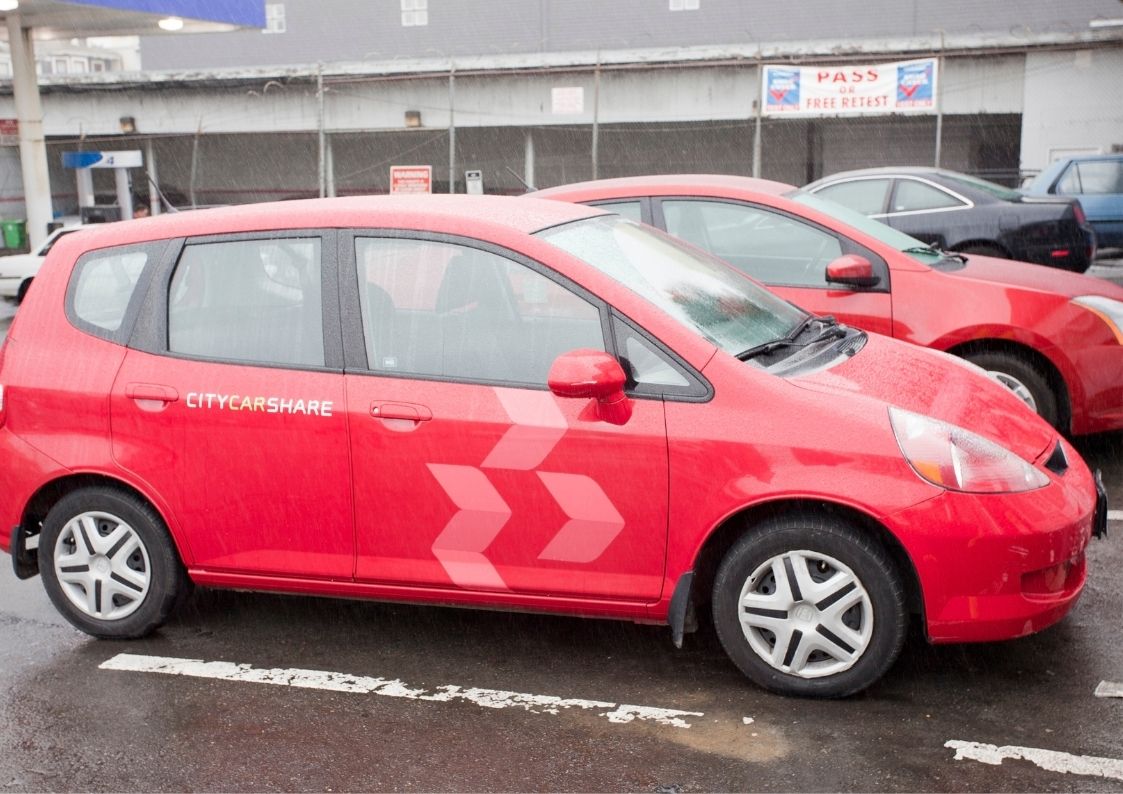Moving abroad isn’t just about learning a new culture and getting used to a different language: that’s the easy part. The hard part is figuring out how to make your money go far, whether that means saving, investing or banking with the right bank.
Moving abroad is full of potential hurdles, like changing exchange rates and hostile tax regimes, as well as challenging financial issues, such as how you’ll get paid in foreign currencies and what that means for your domestic income.
Here’s how to make the most of your money when it is split between your old country and your new foreign home.
The Snakes
The first, and arguably biggest problem people who move abroad face is holding their wealth in two separate countries. Juggling finances between one country and another can be costly, and it can also be complicated if you get paid an income in France but get your pension through the US or the UK.
Then there’s the problem of currency risk. Currencies can fluctuate a lot between the currency in which most of your wealth is kept and the currency that you have to use to buy goods and services. But, unfortunately, there’s no way to avoid opening a current account in your new home country. Euro zone businesses simply won’t accept dollars or pounds.
Jonathan Spring-Rice is a wealth management advisor. He says that a when people move to a new country, they often face high bank charges for doing business overseas or for paying for things like utilities in their domestic country. The solution is to open a new bank account in the new country to prevent unnecessarily high bank charges in the future.
Property Ladders
Many people who move abroad also want to make sure that their savings go a long way. Having savings is crucial for anybody wanting to start out life as an expat. The good thing about savings is that even though you’re moving abroad, you don’t have to move your money out of well-known UK and US savings accounts. Instead, you can simply offshore it. Because there is less competition in the offshore market, you’re unlikely to get as favorable rates as you might in the onshore market, but at least you get to keep your savings safe in a well-known brand.

Dealing with international mortgages can be a challenge, given the multiple hurdles that foreign citizens have to jump through to make a purchase in the domestic market. But thanks to services, like Enness International, that’s becoming a lot easier. International mortgages can often be difficult to get hold of, thanks in part to the fact that you’re not as well known in the new country, so it’s worth planning ahead when looking to buy a new home.
Finally, Spring-Rice says that if you’re permanently moving to a new country, it’s a good idea to transfer your assets into that currency beforehand. It’s possible, he says, to get some UK banks to automatically convert your pension or savings income into a currency of your choice, including dollars and euros.
Image credit:
Image 1 – By NETarrantMan – Own work, CC BY-SA 3.0, Link
Image 2 – By DimiTalen (Own work) [CC BY-SA 3.0 (http://creativecommons.org/licenses/by-sa/3.0)], via Wikimedia Commons



